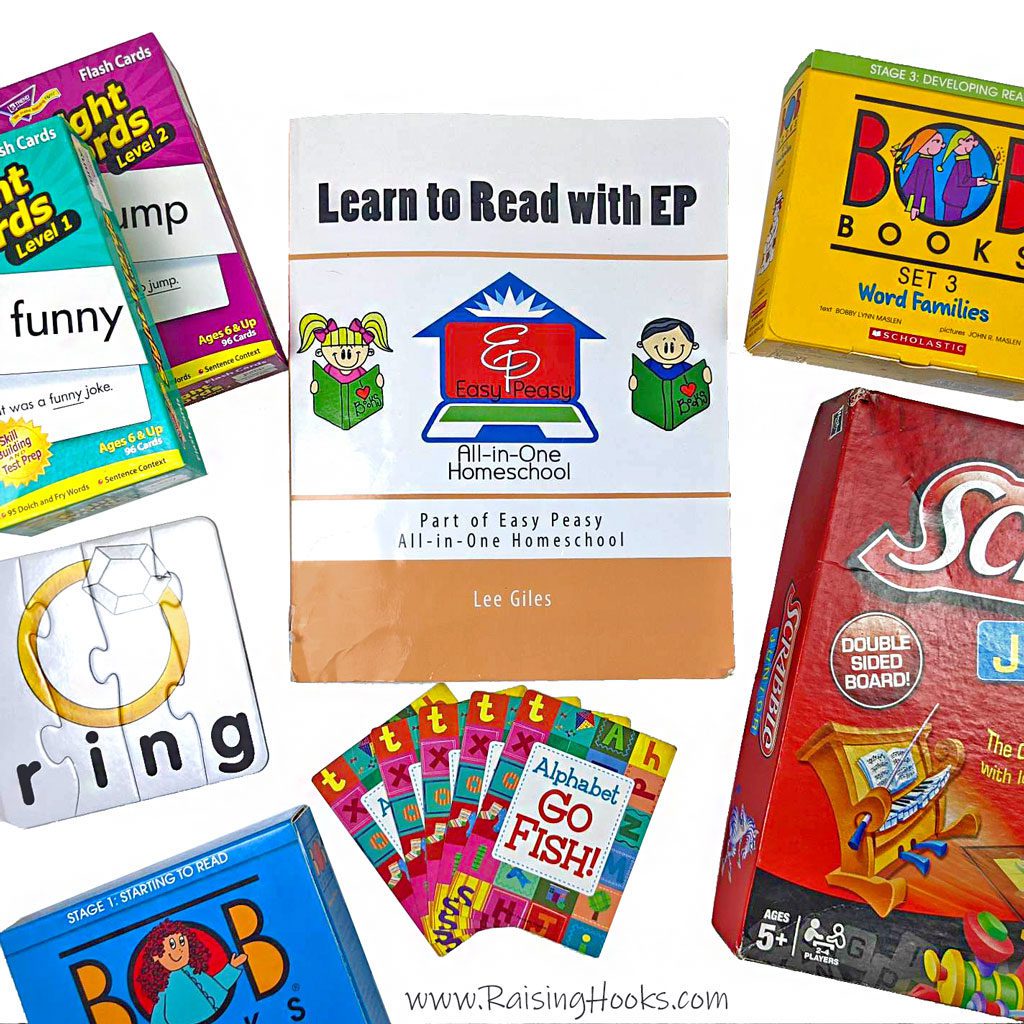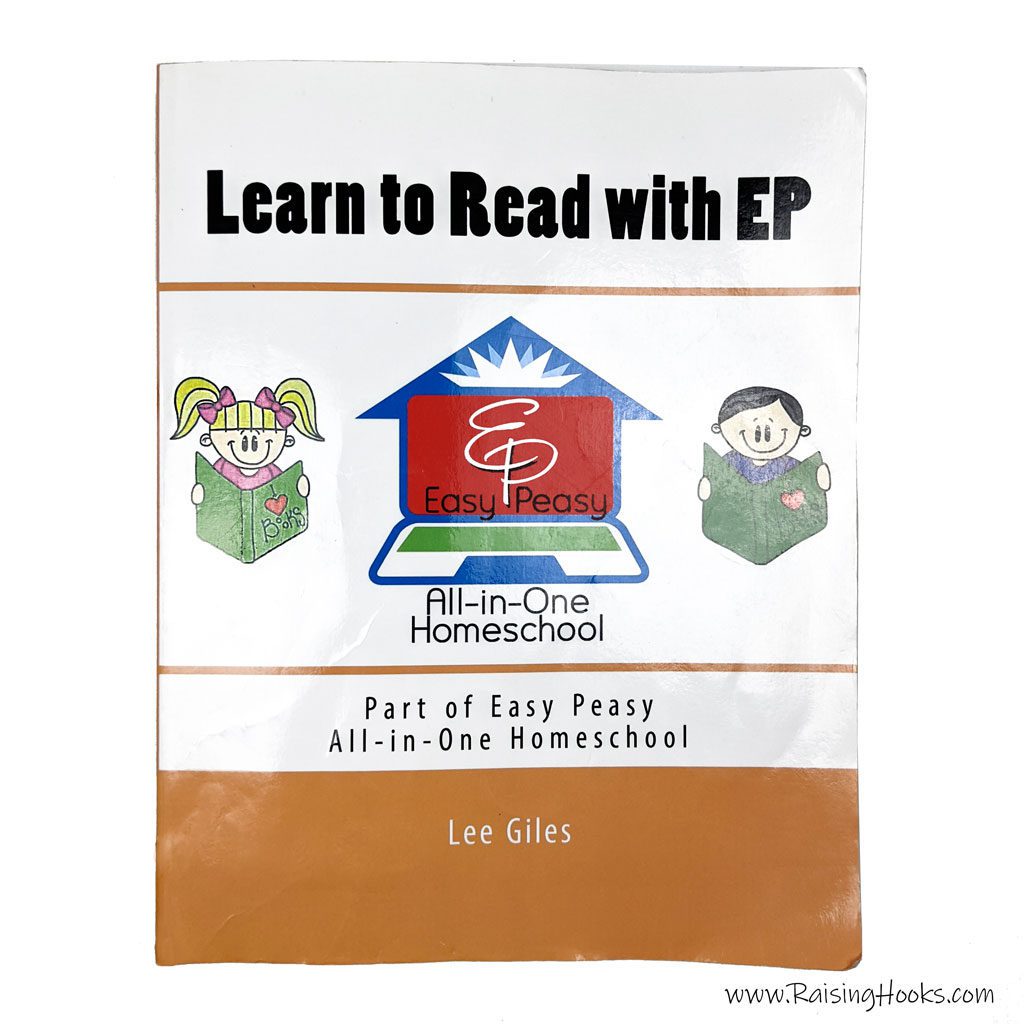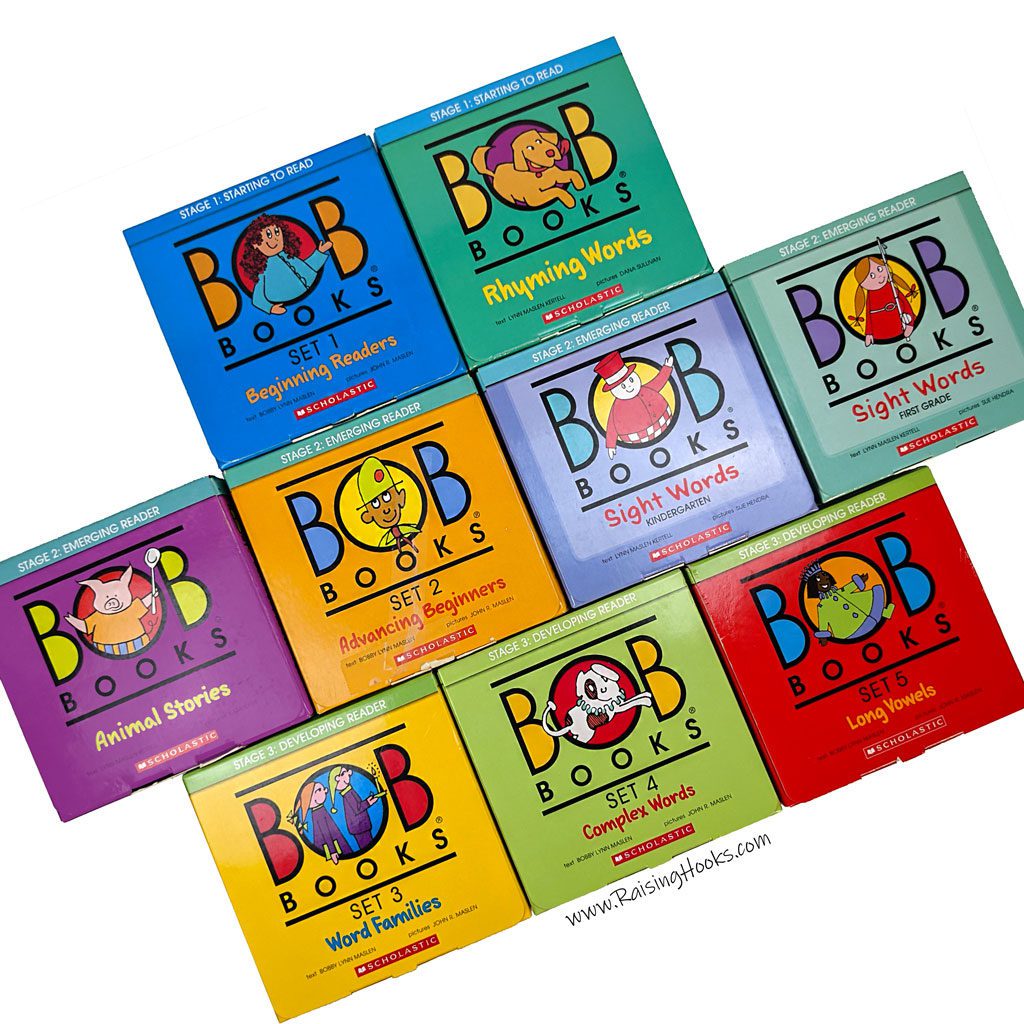
Tools For Teaching Beginner Readers
Learning to read is an important skill to develop. Through reading we gain the ability to gather knowledge, follow instructions, play games and explore imagination. Before teaching little ones to read, they must know what each letter sounds like. If your child doesn’t know letter sounds yet, head over to Tools For Teaching The Alphabet to get started! Teaching littles to read can be challenging. Let’s look at a few thoughts and ideas for teaching children to read.
Start Early?
In my opinion, a huge misconception about reading is that children must learn to read early or they will have a harder time learning. The American school system has so many of us ingrained in this belief. The trouble with a child in the public school system not reading early is not that they won’t learn, it’s that the curriculum is written so you must learn to read early in order to succeed. This mixed with a high student to teacher ratio makes reading a forced skill early on in public schools.
A homeschooling family has a much more flexible timetable and can tailor their curriculum to the needs of the child. While some children show interest in reading at an early age, many children aren’t ready to read until they are older. My daughter didn’t show interest in reading until 5 and didn’t start reading fluently until 8. She now loves to find a quiet corner to read in. My son is 5 and is just starting to show interest in reading. He has only been practicing for 3 weeks and is already reading sentences. Before this, trying to get him to read was intensely frustrating for myself and for him. He couldn’t concentrate and didn’t comprehend what I had just explained. He simply wasn’t ready.
If reading is causing fighting and stress, try to take it back to a less forceful atmosphere and find fun ways to introduce it. Your child may not be ready AND THAT IS OK! You will find a sense of peace when you take away the standards of the public school system and do what works for you and your children. There is no such thing as your child being “behind”.
That said, if your child is not ready to take out a book and start reading, there are many ways to build a foundation for reading like playing games which we’ll get into in this post.

How To Get Your Child Interested In Reading
- Start with their interests – Maybe they want to learn more about machines, animals or faeries. If your child has been practicing flying a kite, read a book about tips on flying kites! If they are learning to ride a bike, read a book about a child learning to ride a bike!
- Get comfortable – Let them pick where they want to cuddle up for story time.
- Remind them what being able to read means for them – For my family, that means being able to play cool board games or card games together. This really motivates my children to want to read.
- Don’t make it a punishment – Making reading a punishment will be a negative experience. Instead, make it something they can enjoy during free time or while you are busy.
- Enjoy a book yourself – Children look up to you as a parent. If they see you like something, they usually want to try it too!
- Go Slow – Don’t rush your child as they attempt to sound out words. Pressure quickly becomes frustration which leads to quitting.
- Start easy – Don’t pick a book that is above your child’s reading level.
- Have someone else read to them – My kids love curling up with their Great Grandma and reading a book. It has become a routine when she comes over. Having others explain their love for reading is a great way to get them interested! Plus, it may feel less forced if the idea of reading isn’t coming from Mom or Dad.
Books For Teaching Beginner Readers


